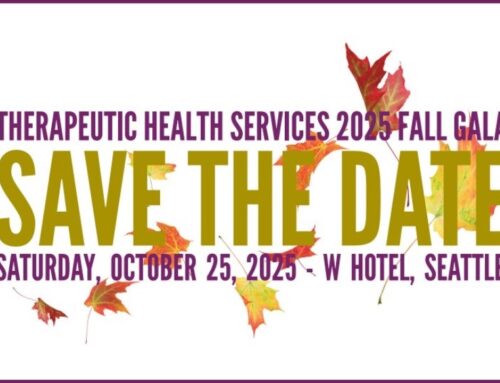In 2019, over 75% of adults said that they experience stress to the point of experiencing headaches, fatigue, digestive issues, trouble sleeping, and other physical symptoms. No one is immune to having stress in their lives, but we’re living in a time where stress is at an all-time high. Health professionals are concerned about the long-term effects that constant stress may have on an individual’s mental and physical health. The United States is the 7th most stressed nation in the world, based on survey respondents that reported feeling stress “a lot.” Long-term stress can contribute to a number of physical problems such as cardiovascular disease, inflammation, digestive issues, weight gain/loss, and a weakened immune system.
With that being said, how are we supposed to reduce stress in a stress filled world? April is Stress Awareness Month so we’re bringing some light to the issue of stress and how we can limit how it affects our lives.
There are a variety of science-backed suggestions on how you can reduce stress, relax, and experience more peace so that you can live a longer, happier life.
7 Ways To Stress Less
- Exercise. It’s widely known that exercise helps to reduce cortisol (the stress hormone) levels and increase endorphins, not only helping to reduce your stress but giving your mood a boost as well.
- Get enough sleep. Sleep is another factor when it comes to regulating cortisol levels as a lack of sleep results in more cortisol to be produced in the body. Lack of sleep can also contribute to a host of problems that can ultimately lead to being more stressed out! This is a great place to start but we know it’s easier said than done when you have a lot going on.
- Practice gratitude. Gratitude has been linked to a decrease in stress and increase in happiness. By remembering to acknowledge and feel grateful for the good things we have, we can prevent ourselves from the discontent that comes with always wanting more. Practicing gratitude has also been shown to improve sleep quality.
- Disconnect from technology. It’s getting harder to imagine a world without constant access to tiny screens to entertain and inform us. Taking time to disconnect from technology allows us to increase our creativity, focus on our relationships, get outside, and sleep better. Consider going for a long walk or hike and keeping your phone handy only for emergency purposes. You could also take some time to read or write in a journal.
- Laugh more. Find things in life that are sure to make you smile and/or laugh. This could be your favorite sitcom, making up a silly game, a funny comic book, or sending funny pictures and videos from social media to your friends and family. Laughing increases the number of endorphins released in your body. The act of laughing also helps to relieve the physical symptoms of stress by releasing tension and decreasing blood pressure.
- Practice self-compassion. Self-compassion is the act of giving yourself the same compassion and love that you give to those you care about. When someone you love is feeling stressed out, your first response isn’t typically to criticize them or tell them to “get over it” but instead to empathize and see how you may be able to help. Showing that same gentle kindness to yourself can help to work out stressful situations, learn new ways to cope, and over time decrease stress overall.
- Talk with a therapist. Reaching out to a therapist who can help you navigate the circumstances in your life that are bringing you stress and come up with helpful coping strategies is another great option to help reduce stress. This is particularly helpful for those who are feeling so overwhelmed by their stress that they need help knowing where and how to start addressing it.
Stress is inevitable, but it doesn’t have to rule your life. These are just a handful of suggestions for ways that you can reduce the stress in your life. If you, like many others, tend to turn to substances when you’re feeling stressed out and/or would like to talk to professional about getting help with unhealthy coping strategies, feel free to check out our website and fill out our Get Help form. Therapeutic Health Services offers both substance use and mental health help for those in the greater Puget Sound Area.


